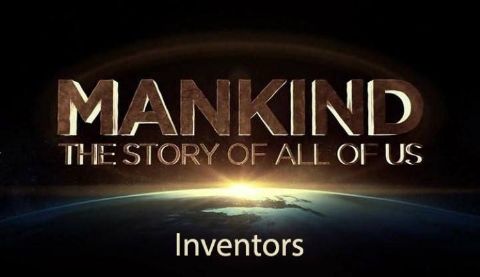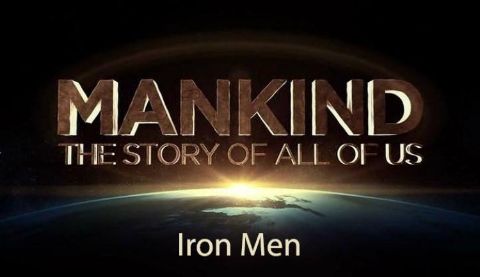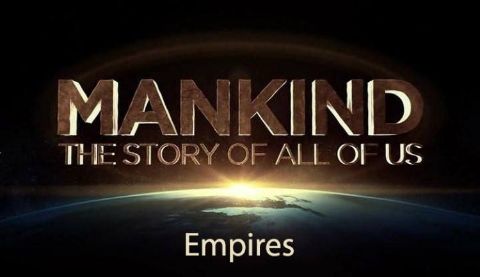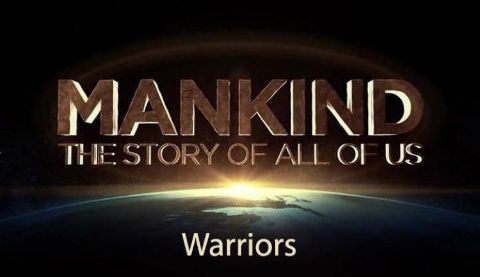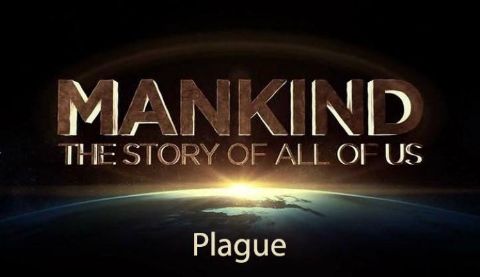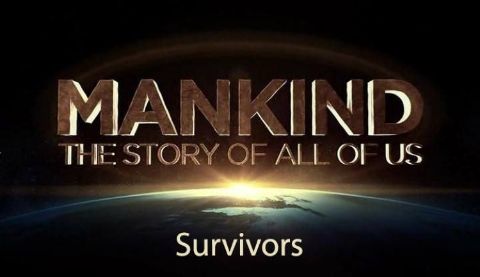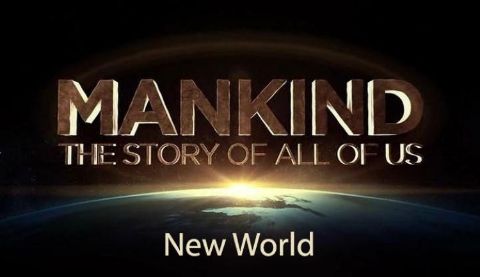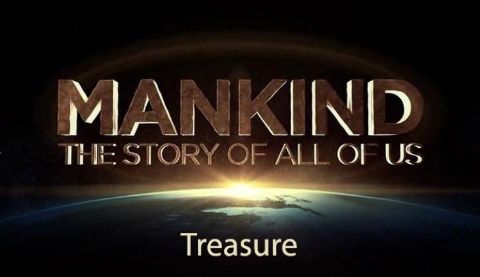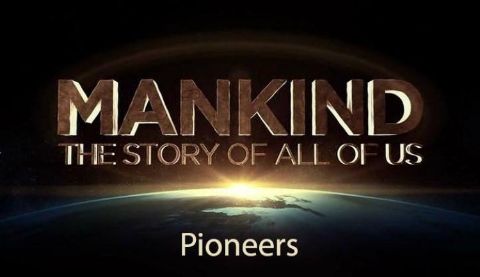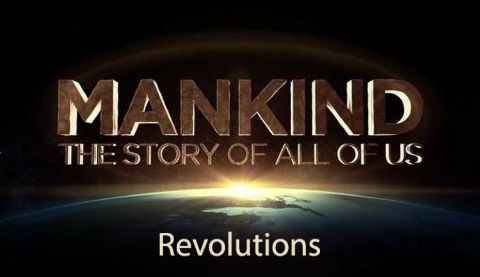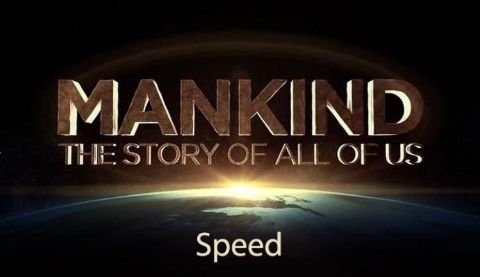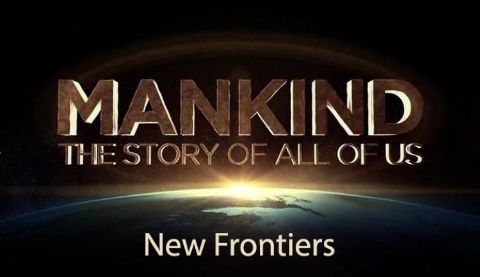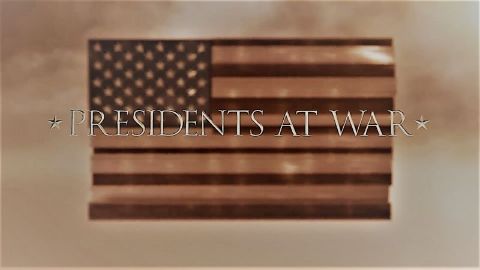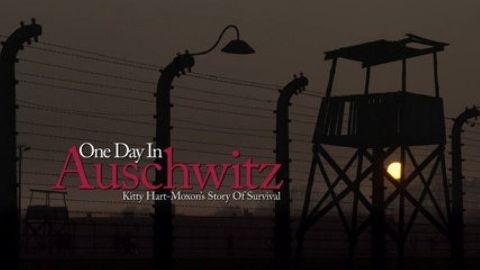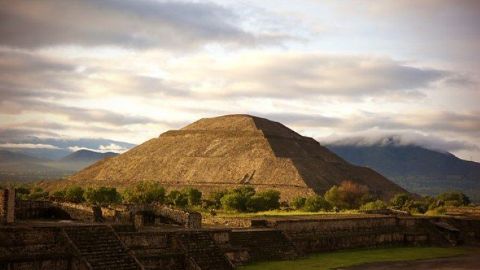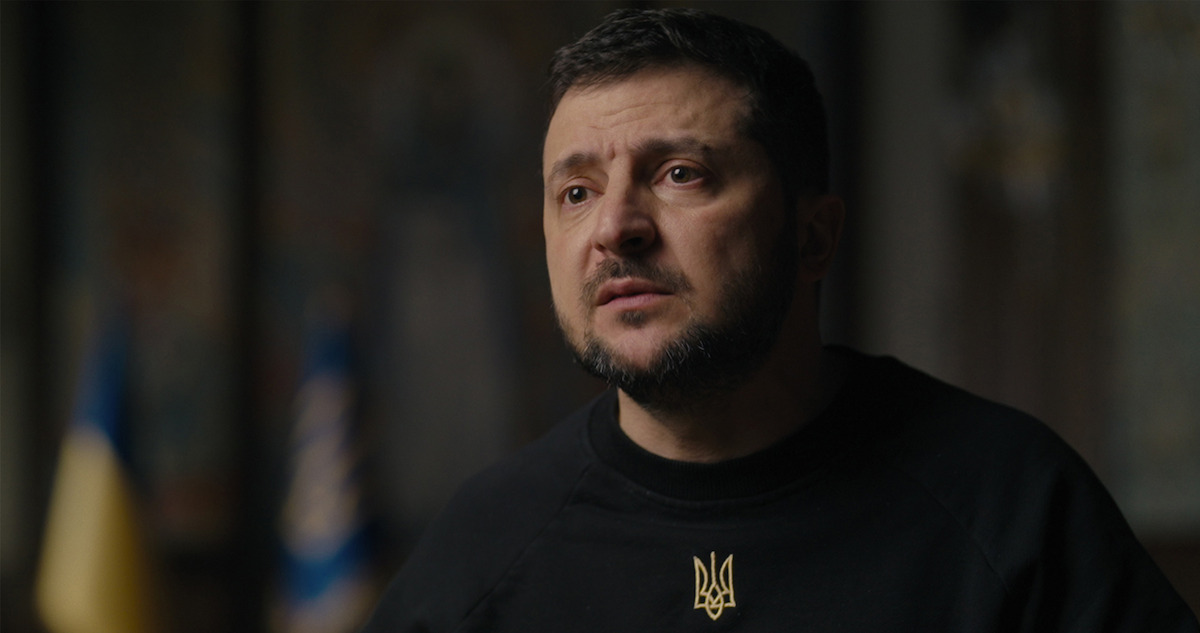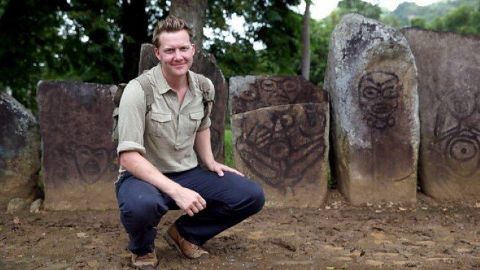Treasure • 2012 • episode "8/12" • Mankind: The Story of All of Us
In the Andes, the Spanish open up the largest silver mine in the world – and mint millions of pesos de ocho (pieces of eight). These coins transform the global economy. They fill the treasure chests of pirates. They fuel a stock market boom. They help pay for the Taj Mahal. As trade booms, millions of people come to the New World as slaves. But a handful of Pilgrims come as pioneers – looking for freedom.
Make a donation
Buy a brother a hot coffee? Or a cold beer?
Hope you're finding these documentaries fascinating and eye-opening. It's just me, working hard behind the scenes to bring you this enriching content.
Running and maintaining a website like this takes time and resources. That's why I'm reaching out to you. If you appreciate what I do and would like to support my efforts, would you consider "buying me a coffee"?
Donation addresses
BTC: bc1q8ldskxh4x9qnddhcrgcun8rtvddeldm2a07r2v
ETH: 0x5CCAAA1afc5c5D814129d99277dDb5A979672116
With your donation through , you can show your appreciation and help me keep this project going. Every contribution, no matter how small, makes a significant impact. It goes directly towards covering server costs.
